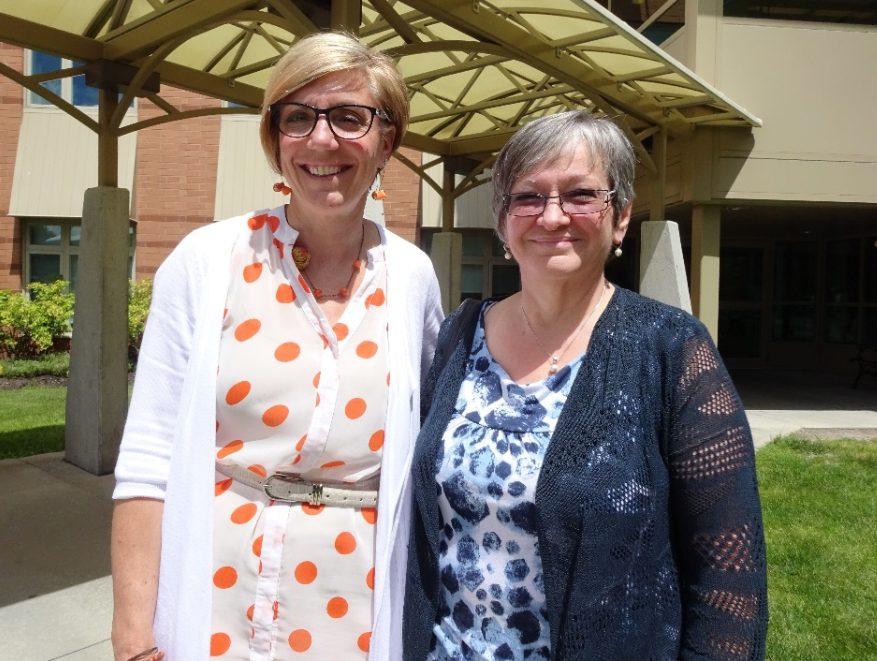For Francophone patients and clients across the Northeast, the information this tool provides will mean increased access to services, because health providers will have a better idea of where, specifically they need to focus their French language resources. It could lead to the development of promotional materials, workshops, services, or the recruitment of French-speaking staff.
“This collection of information allows us to gather more comprehensive, accurate data to support the planning of French Language Services within each of our organizations,” said Monique Lapalme, French Language Services Officer at the NE LHIN. “The data may suggest a provider improve access to French language resources – or make its brochures bilingual. The idea is to be pro-active. We want to identify any gaps and offer services before people need to ask for them. And success can only be achieved through the cooperation of all our partners, including our health service providers.”
“The adoption of the French Language Services Reporting Tool means that we will be able to capture pertinent data to assist with planning for French language services,” said ,” Diane Quintas, Executive Director at the Réseau. “It also demonstrates the commitment of the LHIN and health service providers toward improved access to equitable health services for Francophones.”
Health providers began using the reporting tool in April. They will finish up at the end of June. The NE LHIN and the Réseau expect to have an analysis of the data some time in September.
Facts:
- 23% of people living in Northeastern Ontario are Francophone – the largest population of Francophones in the province.
- The NE LHIN and the Réseau have worked together, along with local health service providers, since 2012 to improve access to quality health services in French.
- The French Language Services Report is part of a joint action plan between the NE LHIN and the Réseau that also incorporates: enhancing care coordination, improving the patient experience, and strengthening the sustainability of FLS by better leveraging technology.
For more information:
Sacha Novack, Communications Officer,
North East LHIN,
705-522-3460 ext. 5201,
sacha.novack@lhins.on.ca
Monique Rocheleau, Associate Executive Director,
Réseau du mieux-être francophone du Nord de l’Ontario,
705-477-0160,
mrocheleau@rmefno.ca

